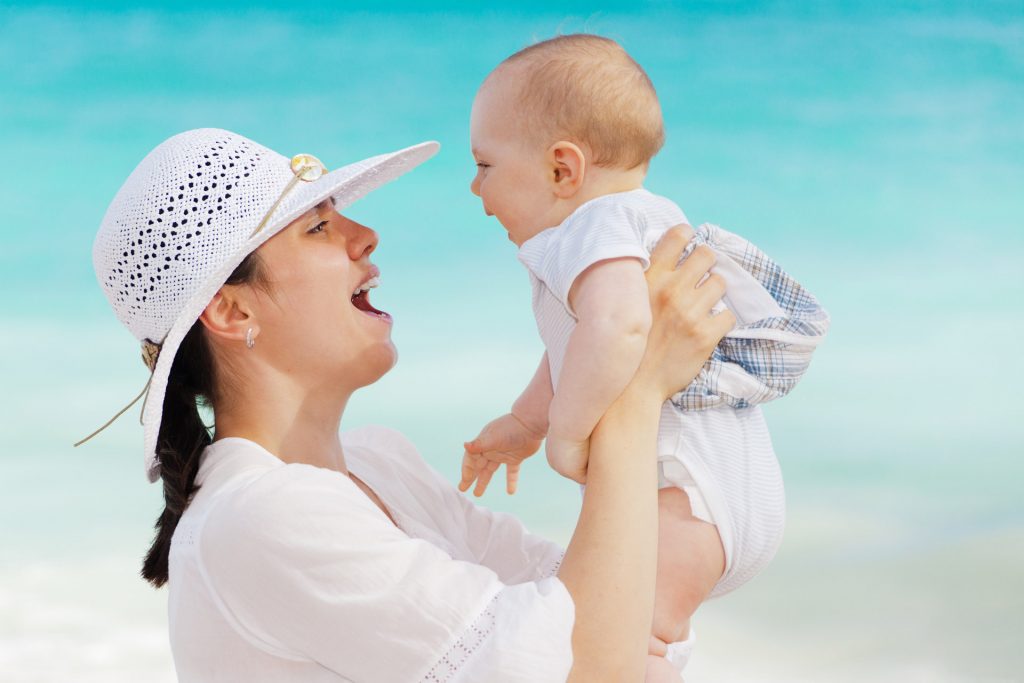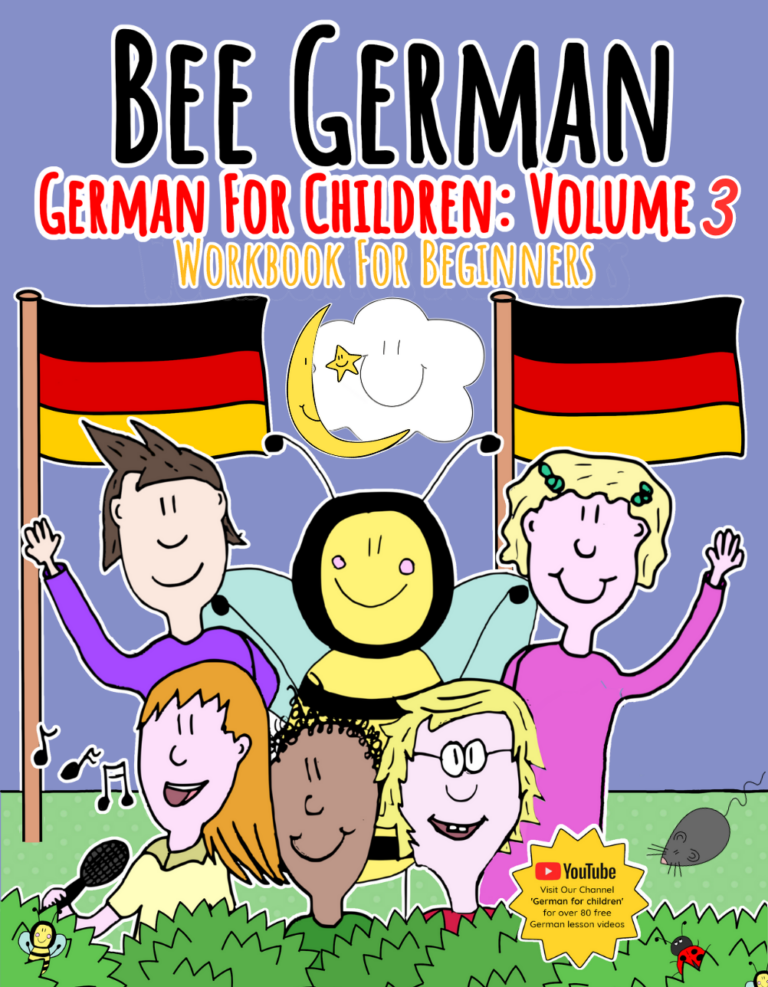The process you are embarking on when learning your first language is very similar to learning a second language.
Firstly, whether we are young or old, our senses come into play. Our:
- Listening skills
- Ability to see
- Awareness
Another important factor are the people you are surrounded by. In school, it is difficult to learn properly when you are taught by a teacher who does not care about the subject or his or her students. A positive relationship between the teacher and its students is essential in order to make a lesson work. This also holds good for the emotional connection between parents and their children.
Let’s say your child calls a dog a ‘kittie cat’. Instead of correcting your child instantly and instead of pointing out the error, you should simply say ‘Oh yes, look at the dog. He is cute!’ You are giving a positive response and correct the mistake indirectly. If your response to a mistake is always very negative, then your reaction might intimidate your child.

Baby’s and toddlers learn the names of animals and everyday objects and their appearance or condition. Parents and nursery teachers would also use words such as ‘Yes’ or ‘No’ or ‘Hot!’ to describe a situation. It is simple but effective language.
However, this is also how we teach or learn a second language. We begin our second-language learning journey by memorizing the most important vocabulary and simple sentences structures.
Your baby starts to learn its first language from day one. The quality and the frequency of the communication between adults and children are essential for the correct development of the first language.
When your child learns a second language, then she or he also has to be exposed to that new language on a regular basis to guarantee a successful learning outcome.
What happens next?
After learning essential words and basic sentences structures, there is need for more!
Normally, parents begin to explain activities by using more complex sentences. Then toddlers can create a link between the actions and the words. They learn to describe different processes correctly. For example, the parent may say: ‘I am cooking a soup but be careful, the soup is hot!’ The child learns essential information in a more complex structure. ‘The soup is being cooked and it is hot. I have to be careful.’
It is assumed that children have learned the most important grammatical structures by the the age of 4 or 5.
That’s why age place another important factor in the general language learning process. Yet, every child learns a first-and also a second language at his or her own pace.
Picture books can also help with the communication development. Yet describing pictures is as useful as reading the story.
What I intended to illustrate is that learning a language, whether it is a first-or second language, is a very active and systematic process that is influenced by many different factors.
Hence the learning process for learning a second language has to be as active and systematic as well.
“At one year of age the child says his first intentional word…his babbling has a purpose, and this intention is a proof of conscious intelligence…He becomes ever more aware that language refers to his surroundings, and his wish to master it consciously becomes also greater….Subconsciously and unaided, he strains himself to learn, and this effort makes his success all the more astonishing.” (The Absorbent Mind, p. 111)




